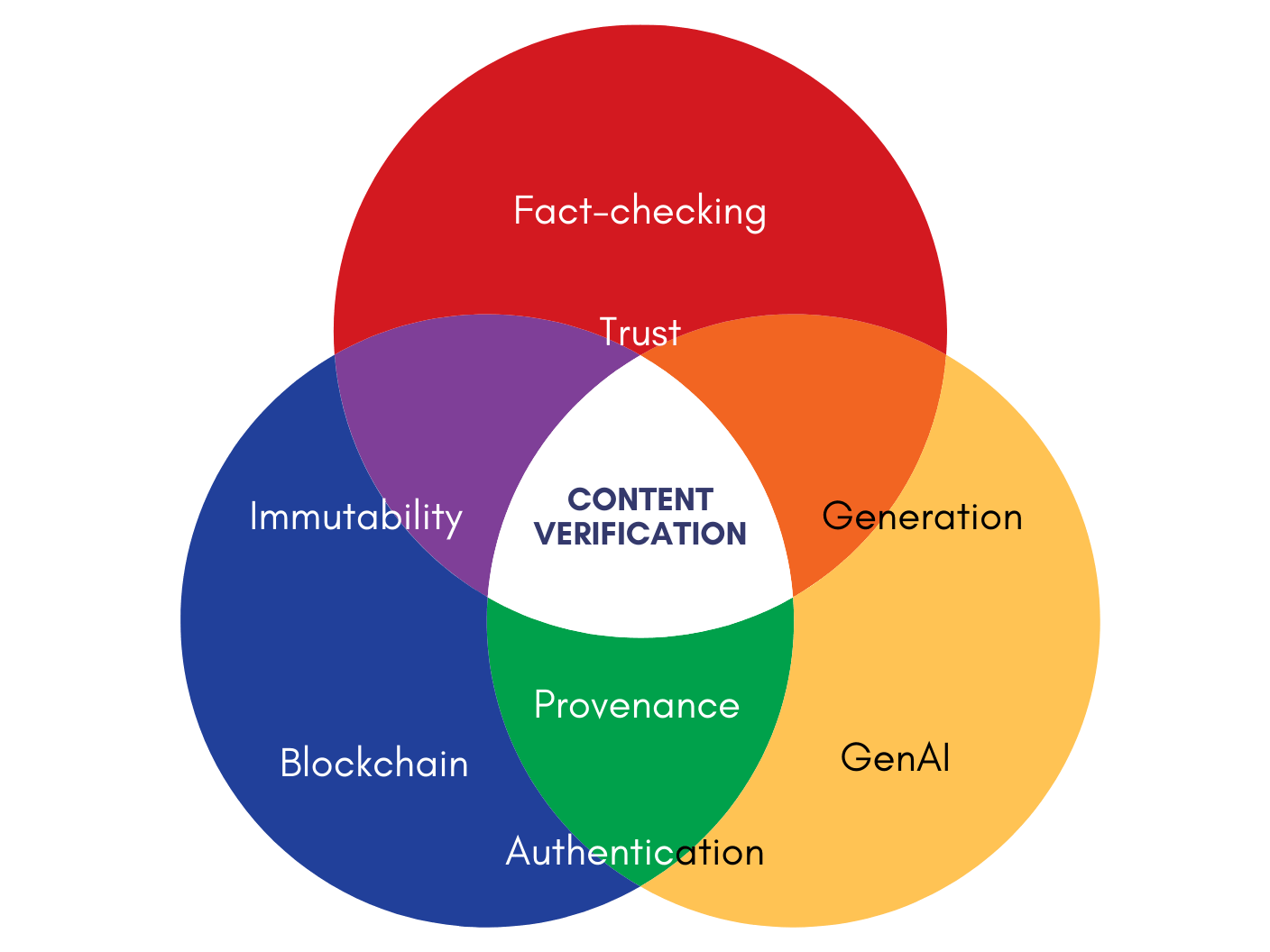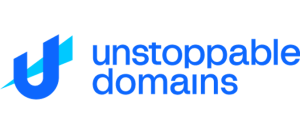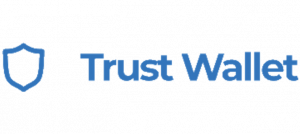


- Quantum Computing 101: Qubits for Kids
- Election Season: Identifying Misinformation and Fake News
- Difference: Misinformation, Disinformation, and Malinformation
- Psychological Operations (PsyOps): Influencing Minds for Strategic Impact
- Difference: Objective Facts vs. Subjective Facts or Claims
- Global Consumer Prices Inflation Rate Data: 1960 to 2022
- Mohith Agadi receives ET Inspiring Leaders’ Award
- ChatGPT and the Risks of Misinformation: Understanding the Implications
- The Generative AI Disinformation Age: Decentralized Fact-checking Systems Could Help
- World Press Freedom Index 2023 Reveals Threat to Journalism from Fake Content Industry
- Importance of Fact-checking in Research
- International Fact-Checking Day: A Celebration of Truth
- Fact Protocol Named One of the Top 25 Web3 Innovations by YourStory
- Critical Reasoning and its correlation with Fact-checking
- Blockchain Technology in News Publishing and Reporting: Advantages & Benefits
- What is Propaganda and How to Debunk it?
- Decentralized Reporting as a Service (DRaaS)
- Fact Protocol is a Public Good, Here is Why
- What is Clickbait?
- Fact-checking the images in a Generative AI era
- Generative AI: Advantages, Disadvantages, Limitations, and Challenges
- Fact-checking in Reputation Management
- Importance of Fact-checking in Academic Research
- Sustainability in Fact-checking
- Advantages: Web3 in Fact-checking
- Web3: A Decentralized Web
- How to Fact-check: 5 effective ways
- Blockchain technology as a tool to detect and combat Fake News
- What is Decentralized Fact-checking?
- What is Media Literacy and why is it important?
- Difference: Fact-checking and Investigative Journalism
- What is Fact-checking?
- What is Disinformation?
- What is Fake News and Misinformation?
- The state of fake news and misinformation 2022
- Should social media platforms penalize users who spread misinformation?
- News consumers in the US found that 38.2 percent had unknowingly shared fake news
- Trust in various US-based news media organizations in 2022
- Quiz Edition NFT FPID-042022-1
- Gusture Is Joining Fact Protocol Ecosystem To Launch Decentralized Fact-Checker
We are leveraging AI and blockchain technologies to empower Fact-checkers in combating fake news
Why Blockchain?
Blockchain technology can play a vital role in the fight against fake news and disinformation. Blockchain provides a secure, decentralized, and tamper-proof ledger that can be used to store and verify data. This makes it difficult for anyone to manipulate or alter data without being detected, ensuring the integrity and accuracy of the information. By leveraging blockchain, Fact Protocol can ensure that the information it provides through its Structured Fact Repository is trustworthy and verifiable.
AI & Web3-based Fact-checker
Fact protocol is an AI & Web3-based decentralized fact-checking system that uses its native fact-checking applications, tools, and platforms to mitigate the fake news, and mis/disinformation problem online.
The protocol uses AI to automate fact-checking and employs two-factor to validate news and its facts manually. The first factor uses News Registrars (NRs) and the second factor uses News Validators (NVs) to re-verify the facts and authenticate the citations/references attached by NRs.
Fact Protocol = Strategies + Apps + Tools + Platforms + Programs.

Fact-checked on Gusture
The feed below is retrieved from Gusture.com, a platform for fact-checked emerging technology news and content. Powered by Fact Protocol.

Open-sourced. Secure (SSL enabled).
Fact in News / Media
Fact Protocol shares the Content Authenticity Initiative’s (CAI) mission to combat mis/disinformation by empowering consumers with the tools they need to determine the veracity of what they are seeing online.
Santiago Lyon, Head of Advocacy & Education, CAI by Adobe
The founders argue the advantages of a decentralized network also extend to preventing the concentration of power, keeping the validation process democratic, eliminating bias, and ensuring full transparency.
Mohith Agadi, Co-founder of Fact Protocol told The Decrypting Story
Ecosystem: Partnerships / Integrations
The Fact Protocol ecosystem is growing with native dApps, cross-chain integrations, and industry partnerships. The goal is to create open-access platforms for fact-checkers & journalists and achieve decentralization, privacy layer, and censorship resistance.

The idea and concept
March 2021 – the idea of the project is born and proof of concept (PoC) is created.
R&D is commissioned
In September 2024, the previous protocol design started undergoing significant changes, including the addition of an AI strategy for scalability.
Platforms & Tools
Live (Continuous) – We will recruit innovators through our accelerator and support them in developing and launching their own fact-checking platforms, tools, AI agents, and decentralized applications (dApps) to assist fact-checkers, information volunteers, and general users globally.
Fact Foundation & Fact DAO
2025 – Creation of Fact Foundation & Fact DAO to oversee Fact Protocol’s activities and support its growth. Appoint a board of advisors to administer the DAO and establish decentralized governance.
Fact Learn Program
Live – Creation of the Learn initiative to educate communities about media literacy, fake news, misinformation, disinformation, and malinformation, as well as the significance of fact-checking the information that is found online and the advantages of using blockchain in fighting fake news.
Research: L1/App-specific Chain
2025 – Commission study on developing own L1 or app-specific chain to examine the possible upside (sovereignty) and benefits for various applications within the Fact Ecosystem. Follow official social handles and other channels for updates.
Our Team
A team of AI & Web3 enthusiasts and fact-checking professionals working daily to make the world a better place. We are building a decentralized protocol that is resistant to censorship to combat fake news, misinformation, and disinformation.
Decentralized Fact-checker
World’s first decentralized fact-checking platforms with incentivization mechanics. Powered by blockchain/web3 technology and globally distributed communities.
Interested in Fact-checking?
We have compiled a collection of educational resources for journalists, students, and fact-checkers.
Web3 Verifiability Layer – Phase 1
The Fact Protocol is a decentralized and scalable fact-checking system that powers a suite of tools, also known as dApps in Web3 terms, that combats Fake News/Misinformation/Disinformation using native fact-checking applications, open APIs, and community contributions. As stated in the Proof-of-Concept, the protocol employs a two-factor approach (2FA) to ensure that fact-checks are verified unbiasedly.
With a community-driven and incentive approach, the Fact Protocol aims to scale across all categories and geographies. Together, we can prevent misinformation from spreading and save societies from becoming victims. The protocol’s rules are formed and/or amended on an as-required basis by governance vote.
The Fact Protocol — a governance and incentive protocol – is further explained in the White Paper (accessible via the main navigation).














